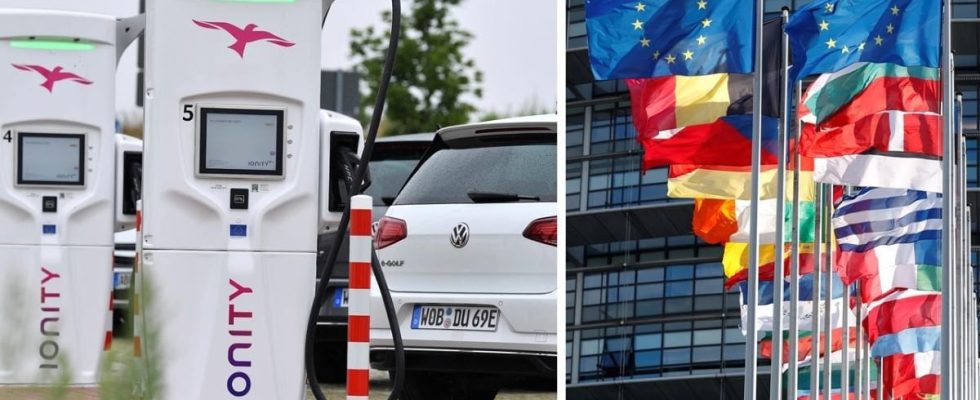From the year 2035, only passenger cars with zero emissions may be sold within the EU.
According to auditors at the European Court of Auditors (ECA), this will entail risks for the Union’s economy. This is if the dependence on suppliers outside Europe for raw materials and batteries needed for electric cars is not remedied.
The snooping camera – which puts you behind the wheel surfers
The environmental policy has not worked
When zero emissions become a requirement in 2035, it will be the culmination of 15 years of greatly tightened emission requirements, but so far this has not paid dividends according to the examiners.
“Has this contributed to reduced real vehicle emissions in line with the EU’s green ambitions?”, asked the ECA member Nikolaos Nilionis in a videotaped speech to the press earlier this week. “The answer is a resounding no,” he stated.
The real emissions from modern cars have not decreased, even though the cars on paper are significantly cleaner.
The engines are certainly more efficient, but the cars have become bigger and heavier, leading to increased consumption, and the popular plug-in hybrids emit 250 percent more in real life than on paper.
Formula 1 legend Ayrton Senna’s old supercar is for sale
Obligation to reduce an impossible solution
The ECA members are also not impressed with the options available to power the zero-emission cars of the future after 2035.
Switching to biofuels, as we have partially done in Sweden through the reduction obligation, is not considered a credible alternative. There is simply too little biofuel.
Even synthetic so-called e-fuels and hydrogen are rejected by ECA, as they are too expensive.
This means that electric cars are the only realistic option, but even here the reviewers see some problems.
The electric car with the longest range in 2024
Becoming dependent on Chinese electric cars
According to the ECA, an almost total transition to electric cars could lead to the economy within the EU becoming vulnerable, and this is not least because neither the own industry nor the citizens are ready for such a rapid transition.
A major problem is that Europe today produces less than 10 percent of batteries globally, while at the same time being dependent on raw materials from countries with which the EU lacks “appropriate trade agreements”. European batteries are also very expensive.
This means according to the ECA member Annemie Turtelboom that the EU is mainly dependent on imports of electric cars from China to reach the 2035 target. Otherwise it won’t work.
The EU is also far behind its target on the number of charging points for electric cars, and the charging points are also concentrated in a few countries within the Union.
“The EU does not hold all the cards when it comes to electrifying the vehicle fleet. The availability of raw materials, the costs to its industry and residents, as well as a lack of infrastructure could mean that the venture fails,” Turtelboom said in a separate statement.
Leasing electric cars a “ticking bomb” – warns the expert
